According to the American Society of Health-System Pharmacists (ASHP)1, the significant surge in active drug shortages, peaking at 301 in the first quarter of 2023, highlights the imminent need to adopt a comprehensive approach to address this critical challenge.
To shield against the impact of shortages, pharmacies must rely on contracts and agreements, while adhering to the Drug Supply Chain Security Act (DSCSA) to secure their operations and ensure patient safety. This blog post will outline the essential strategies for pharmacies to drive purchasing compliance.
Why should you care about purchasing compliance?

Understanding the value of purchasing compliance involves a focus on contracts and agreements. Contracts outline engagement terms, pricing, and sourcing guidelines, demanding meticulous navigation to align with business strategies. Implementing advanced systems like SureCost streamlines oversight, enhancing transparency.
It’s imperative for pharmacies to comprehend agreements for optimized purchasing behavior. Agreements ensure vendor compliance for timely, accurate deliveries, as highlighted by Mark Ey, Vice President of Operations at CARE Pharmacies Inc in our webinar on pharmacy purchasing compliance.
“I’ve been in this industry for a long time, and I’ve consistently observed
pricing errors that lean unfavorably towards our side. When you can go back
with concrete evidence, discussions with vendors take a productive turn where
the number of errors is reduced. This emphasizes the importance of vigilant
scrutiny to make sure you’re being adequately and fairly priced and treated.”
– Mark Ey, Vice President of Operations at CARE Pharmacies Inc.
Relying on advanced solutions for serialization and tracking
Staying compliant, especially under the Drug Supply Chain Security Act (DSCSA), will help you win community trust. Pharmacies should proactively adopt advanced solutions that will significantly boost their ability to achieve compliance success. Platforms like SureCost will enable serialization and efficient product tracking to generate comprehensive reports, ensuring consistent compliance and effective risk mitigation.
Purchasing compliance also plays a pivotal role in managing drug shortages. With the help of a system that unifies all of your purchasing data, you can proactively handle shortages, negotiate pricing adjustments, and secure priority access to available stock.
By leveraging compliance-driven data analytics will enable pharmacies to run robust demand forecasts, which is one of the greatest advantages that a software system can offer.
Three Smarter Purchasing Strategies that Drive Compliance
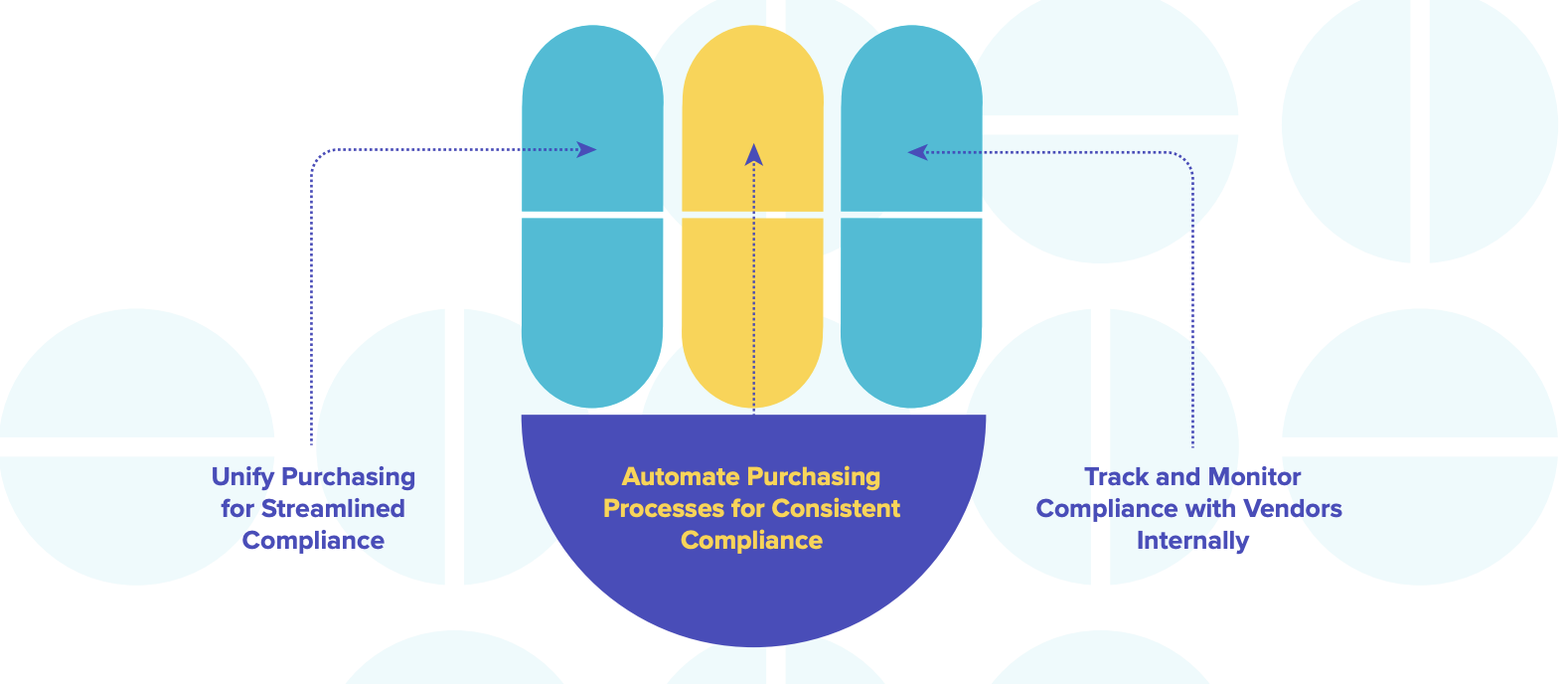
Unify Purchasing for Streamlined Compliance
Consolidating your product catalog into a unified platform will provide your pharmacy with a comprehensive view to make informed decision-making while maintaining compliance standards. This approach also simplifies administrative tasks, allowing seamless purchasing order uploads through a single interface.
Integration with functions like receiving, accounts payable, and credit tracking strengthens vendor relationships, promoting a collaborative approach that enhances compliance without replacing established connections.
Automate Purchasing Processes for Consistent Compliance
Pharmacy automation boosts efficiency and ensures consistent compliance. Leveraging real-time insights into accurate costs, with rebates and vendor pricing variations factored in will allow you to make the best purchasing decisions. Automated workflows and purchasing rules help pharmacy teams across locations ensure compliance effortlessly, reducing the risk of non-compliance.
Track and Monitor Compliance with Vendors Internally
Having a robust tracking and monitoring system has become a critical element in maintaining purchasing compliance. Pharmacies can ensure consistent adherence to contractual agreements and maximize rebate potential across all sources if they implement a system that will track and monitor everything automatically.
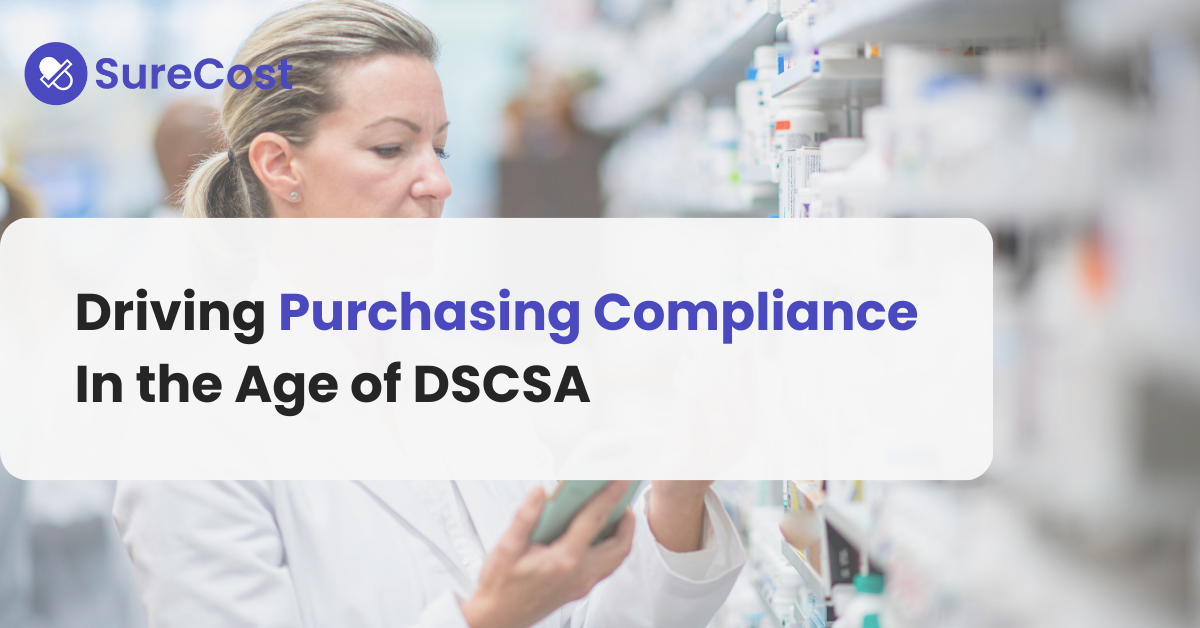


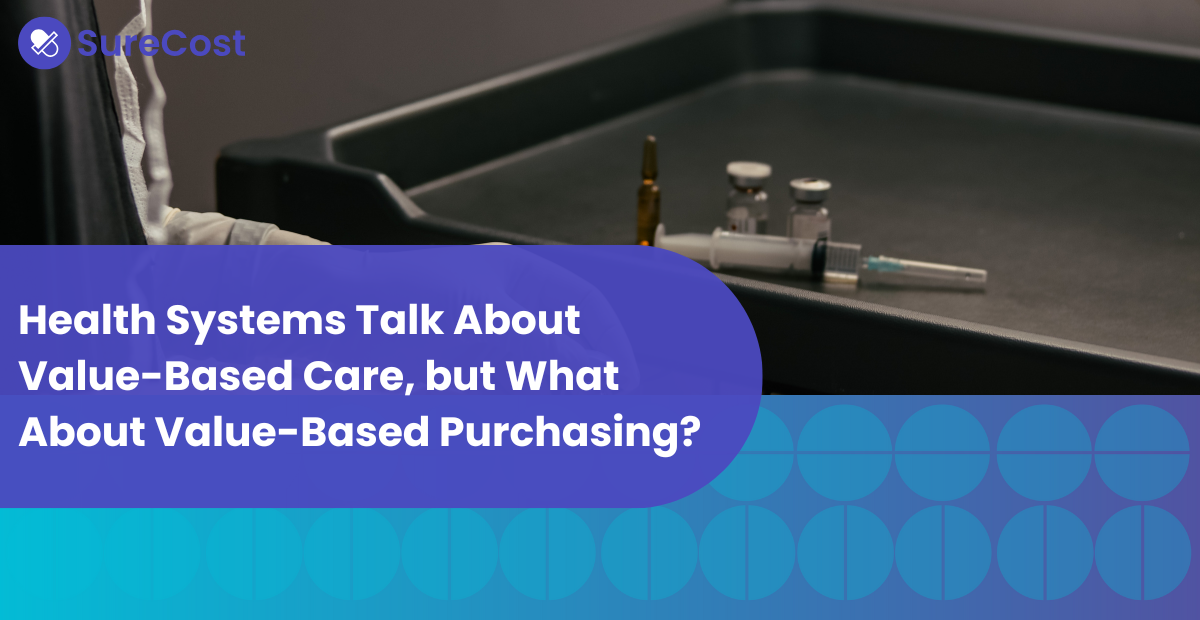
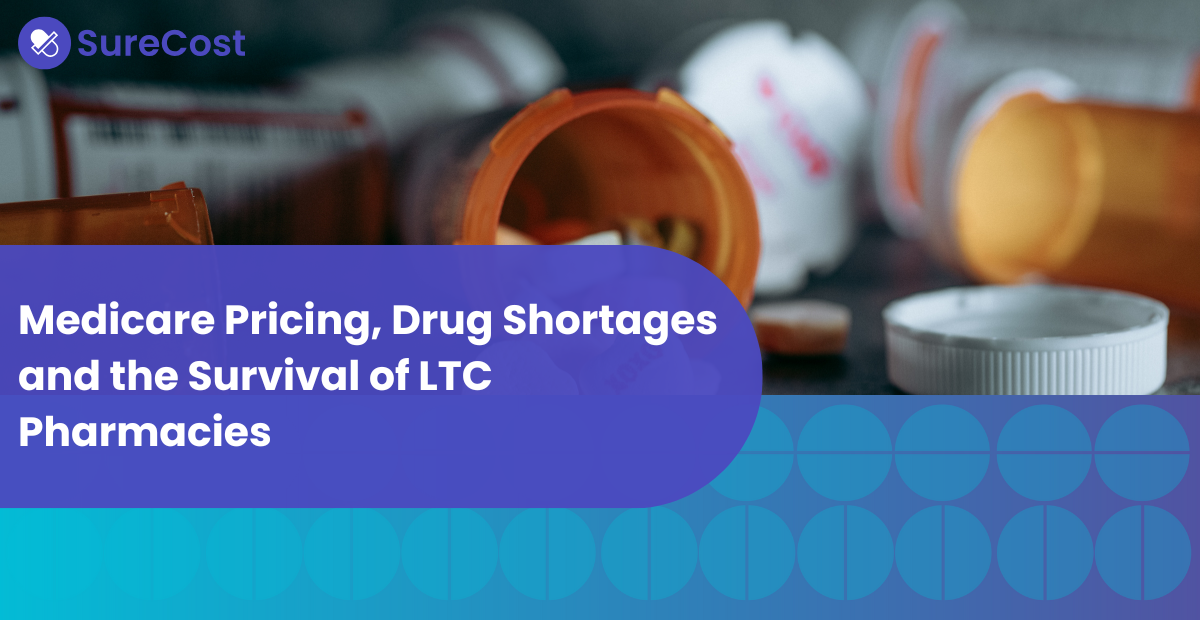

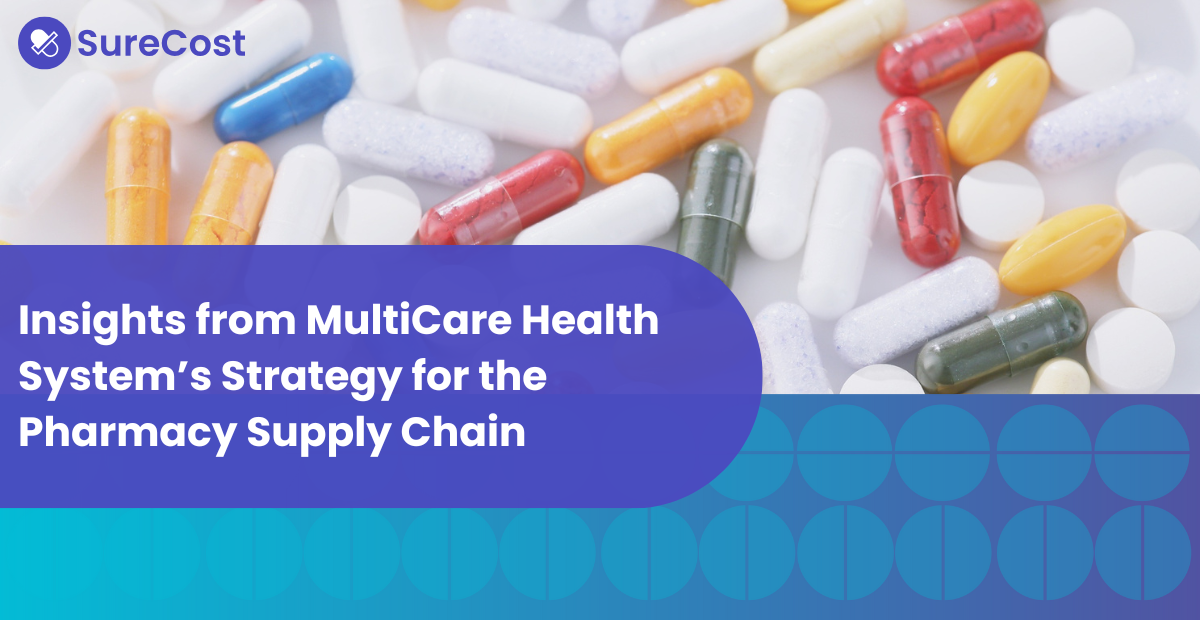
.png)